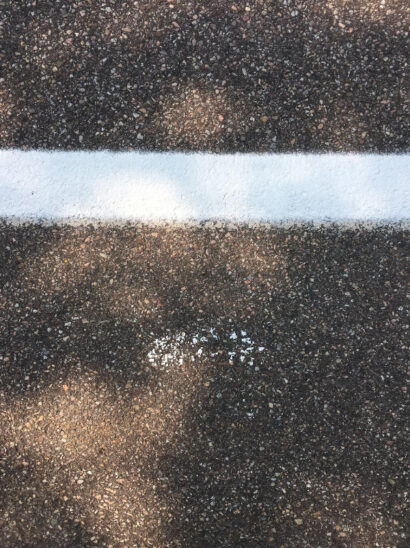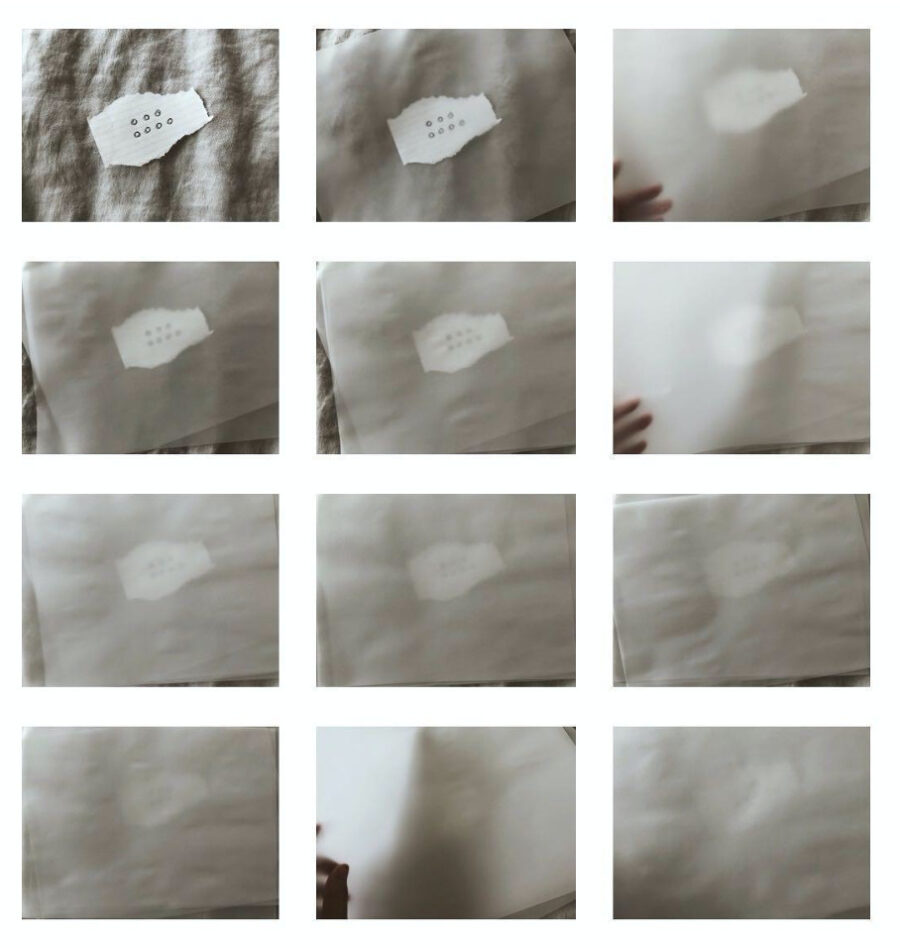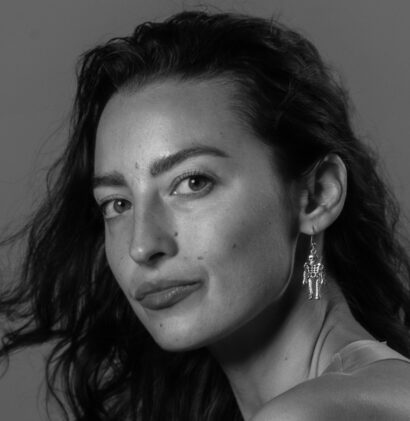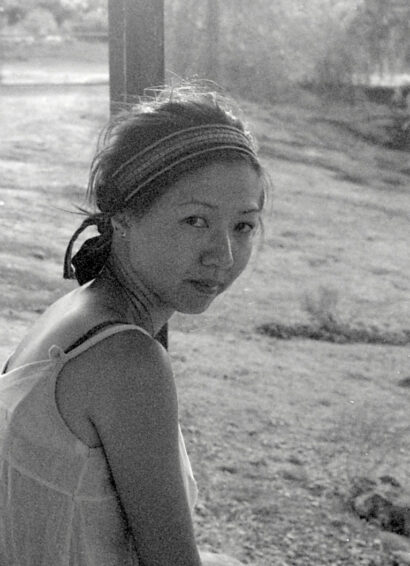from So We Must Meet Apart
Epistolary Experiment Conducted August 2018 GB: In the summer of 2018, I invited Jennifer S. Cheng to engage in a hybrid, epistolary experiment: During the span of two weeks—while I was in Vermont for a conference and she was at her home in the Bay Area—we would create something every day, with each other as the intended audience, as a kind of imagined correspondence. The twist was that we wouldn’t actually exchange the epistles, at least, not until the very end. On the final day, we would share all our daily “letters” and arrange them into chronological order, to see what sort of back-and-forth conversation had emerged from our intuitions and projections. To say it was an honor to create in tandem with, and toward, a poet whose intellect and heart I admire as deeply as Jennifer S. Cheng’s would be a colossal understatement. JSC: Afterward, I wrote that the experiment allowed us to “observe what resonances could occur across distances of time, space, and chance”—I’m thinking now about the word “could,” as if every distance carries desire in the form of possibility. As fearful as I often am of uncertainty and of “failing” another person, my connection to Gabby, astonishing poet and friend, is special, and the timing of her beautiful invitation felt meaningful. That summer, I was either at home or a medical clinic, facing a formidable expanse of uncertainty—and failure—that I could hardly articulate. Though I wasn’t sure I could offer anything of significance to Gabby, it was a gift simply to intimately address, to project across. I am honored by, and grateful for, the entwinement of our words and gestures, and the third space it creates. In some experiments, it’s all about the process, and the resulting text doesn’t offer much on its own. We were fully prepared for that to be the case here, but once interwoven, the thirty-page document we created became a rustling time capsule of startling convergences, approaching topics of intimacy, geometry, the feminine, smallness, loneliness, and much else in ways that interested us. There are times our exchanges connect so seamlessly, we can barely believe we hadn’t been corresponding in real time, as well as moments where the gaps between the epistles jolt and disturb. Three years after the original experiment, in the midst of a long pandemic, we revisited it and were surprised by how far the distances had come to meet us. In light of its evolving resonances, we decided perhaps it was time to share a piece of this collaboration with the world. Parts of this project, including this introduction, were published in Poetry in November 2021 and the following are further excerpts from our collaboration.
August 17, 2018
Dear G,
The body is 55% water. The body ((
One of my first memories as a child in this country, surrounded by bodies with more claim, was to feel ashamed at the volume of my want.
8.17.18
Dear J,
Just now, while walking along the road shoulder, a truck passed a few mere feet from me, spraying a continuous white line. Without much thought, I pressed my right foot down onto it before continuing on my journey. The footprint left less and less white the further I walked. If it had been any other color, I think I would have enjoyed it.

*
I’ve begun to bore myself in the presence of others. Be entertaining! I shriek at myself. Tell a story! But my face stays frozen in this stupid smile, my mind a blankness.
*
“Cherish your competency” is a note I took today, based on something a man said.
August 18, 2018
Dear G,

8.18.18
Dear J,
Where I grew up, we chopped our only mountain in half. It was red and bled like a beet. Red Mountain. My father drove me through it. He said, “We are driving through a mountain.” And I say it to this day, when I am there. “I am driving through a mountain.”
*
Is to listen to echo?
*
I made a list of kindling before I came here: “mountain,” “returning,” “saying ‘no thank you,’” “drone footage,” “waiting until marriage,” “hair dyeing,” “being mistaken,” “blue cathedral.”
*
I wonder when I will stop doing everything I am told.
Gabrielle Bates is the author of the poetry collection Judas Goat (Tin House, 2023), praised by the New York Times and named by the Chicago Review of Books as a must-read book of 2023. Originally from Birmingham, Alabama, Bates currently lives in Seattle, where she works for Open Books: A Poem Emporium and co-hosts the podcast The Poet Salon. Her work has been featured in the New Yorker, the Academy of American Poets Poem-a-Day, Ploughshares, The Slowdown show, and elsewhere. On Twitter: @GabrielleBates.

Jennifer S. Cheng’s work includes poetry, lyric essay, and image-text forms. She is the author of MOON: Letters, Maps, Poems (Tarpaulin Sky 2018), which was named a Publishers Weekly “Best Book of 2018,” and House A (Omnidawn 2016), selected by Claudia Rankine for the Omnidawn Poetry Book Prize. She has received awards and fellowships from Brown University, the University of Iowa, San Francisco State University, the National Endowment for the Arts, the U.S. Fulbright program, Kundiman, Bread Loaf, MacDowell, and the Academy of American Poets. Having grown up in Texas and Hong Kong, she lives in San Francisco.
